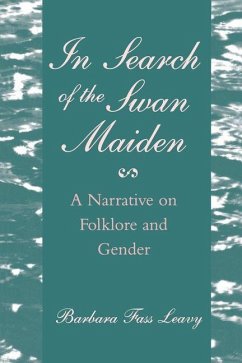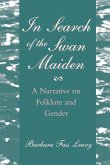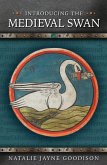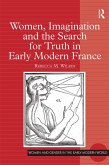--The New York Times Book Review
This is a study of the meaning of gender as framed by the swan maiden tale, a story found in the folklore of virtually every culture. The swan maiden is a supernatural woman forced to marry, keep house, and bear children for a mortal man who holds the key to her imprisonment. When she manages to regain this key, she escapes to the otherworld, never to return.
These tales have most often been interpreted as depicting exogamous marriages, describing the girl from another tribe trapped in a world where she will always be the outsider. Barbara Fass Leavy believes that, in the societies in which the tale and its variants endured, woman was the other--the outsider trapped in a society that could never be her own. Leavy shows how the tale, though rarely explicitly recognized, is frequently replayed in modern literature.
Beautifully written, this book reveals the myriad ways in which the folktales of a society reflect its cultural values, and particularly how folktales are allegories of gender relations. It will interest anyone involved in literary, gender, and cultural studies.
Dieser Download kann aus rechtlichen Gründen nur mit Rechnungsadresse in A, B, BG, CY, CZ, D, DK, EW, E, FIN, F, GR, HR, H, IRL, I, LT, L, LR, M, NL, PL, P, R, S, SLO, SK ausgeliefert werden.









